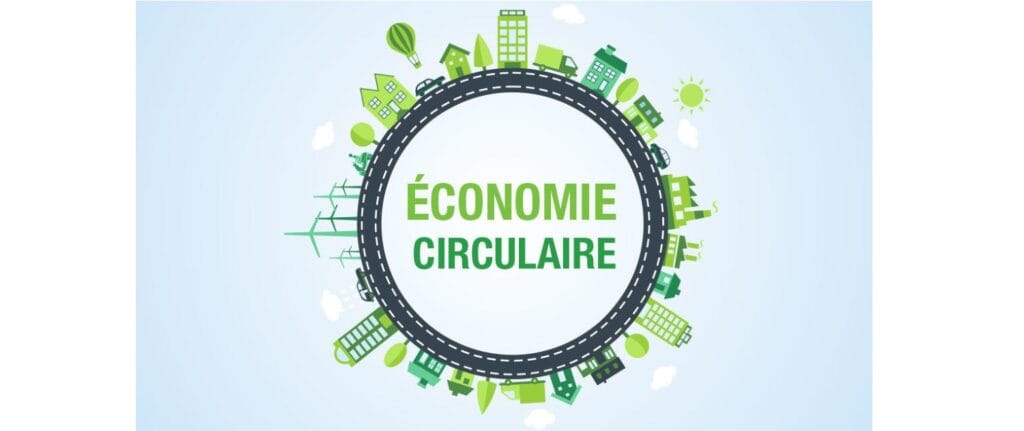As part of the global project SWITCH to Circular Economy Value Chains (SWITCH2CE), co-financed by the European Union and the Finnish government, concrete initiatives are being implemented to support the Moroccan industry in its transition to a circular economy, particularly in the plastic packaging sector. This project, led by UNIDO in collaboration with partners such as Chatham House, Circle Economy, and the European Investment Bank, aims to promote circular practices in three value chains: plastics in Morocco, textiles in Bangladesh, and electronic equipment in Egypt.
Objective: Effective Recycling of Plastics in Morocco
In Morocco, nearly 45,000 to 50,000 tons of PET bottles are thrown away each year, but only 20,000 tons are collected, mainly through informal initiatives. To change this dynamic, SWITCH2CE supports industrial operators in creating sustainable business models for the collection and recycling of PET. This approach includes supporting public policies, strengthening the capacities of local stakeholders, and providing access to financing for better waste management.
A pilot project, led by Equatorial Coca-Cola Bottling Company and its partners, aims to demonstrate the technical and economic feasibility of a bottle-to-bottle recycling system. The goal is to integrate food-grade recycled plastic (rPET) into primary packaging while ensuring exemplary traceability.
Institutional Collaboration and Inclusion of the Informal Sector
To ensure long-term impact, a political dialogue has been initiated with key ministries, including those of Industry, Energy Transition, and Interior. Workshops bringing together manufacturers, recyclers, cooperatives, and public institutions have facilitated discussions on policies to adopt, such as the creation of a pan-African standard for rPET and the inclusion of informal collectors in the value chain.
In parallel, SWITCH2CE is investing in strengthening local capacities through specialized training, including an innovative tool: the Circularity Game. This interactive game assesses the understanding of circular practices and helps design training programs tailored to the needs of businesses and associations.
Alignment with the Priorities of Morocco and the EU
The project is part of Morocco’s national strategy for reducing plastic waste, which aims for a recycling rate of 70% by 2030, while aligning with the Morocco-EU Green Partnership signed in 2022. This collaboration highlights climate, energy, and green economy as common priorities.
Perspectives and Next Steps
Among the upcoming initiatives, SWITCH2CE plans to publish a survey on local attitudes towards waste and the circular economy. An awareness campaign, accompanied by a mobile application, will also be launched to encourage the return of bottles as part of the pilot project. Training for industrial stakeholders and dialogues on public policies will continue to strengthen local capacities.
A Global Transition for a Sustainable Economy
The SWITCH2CE project embodies a global vision for a circular economy, aiming for low-carbon development and inclusive growth. By supporting the plastic industry in Morocco, as well as textiles in Bangladesh and electronics in Egypt, this program highlights the importance of circular practices for a more sustainable future.
For more information, visit www.switchtocircular.eu.


